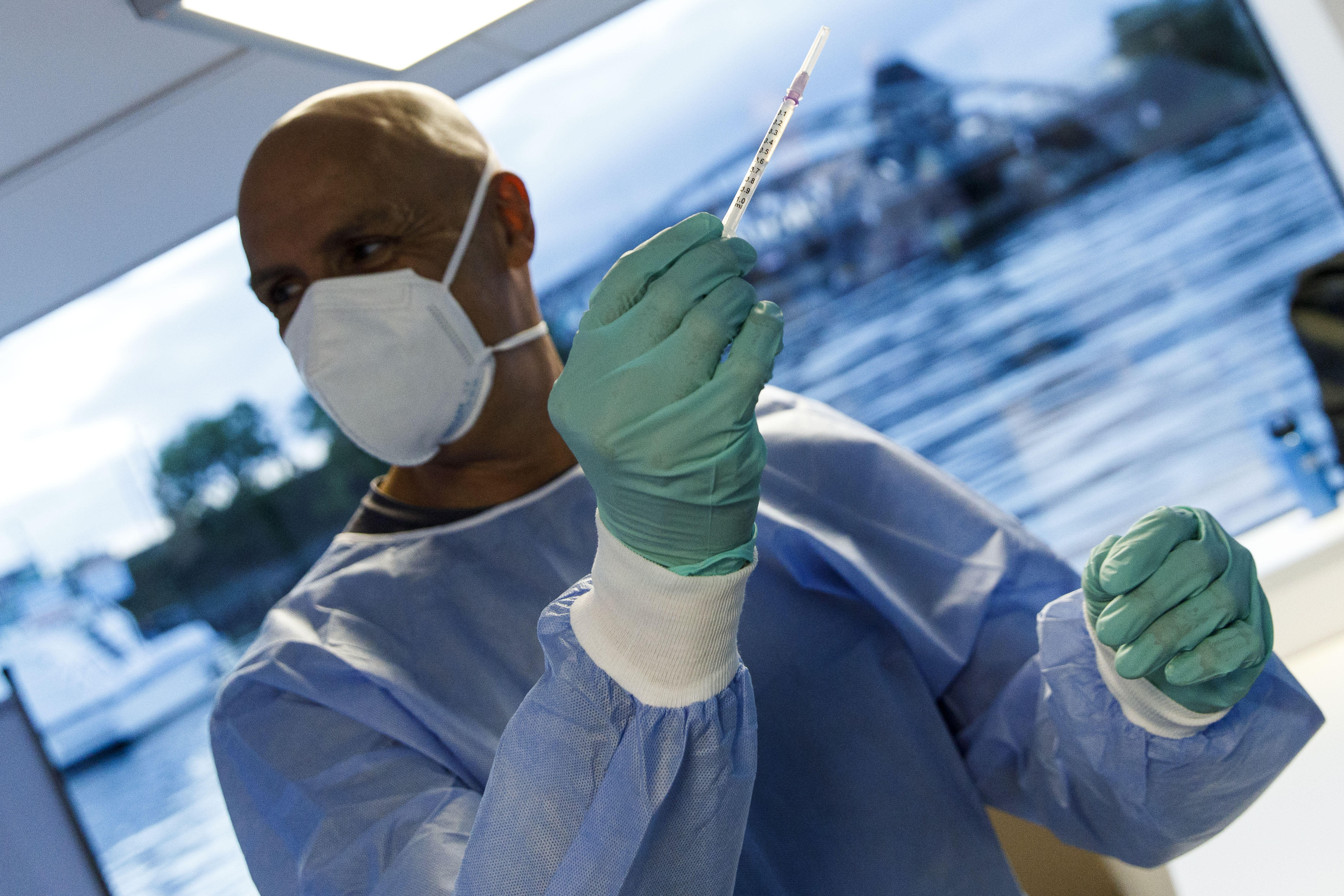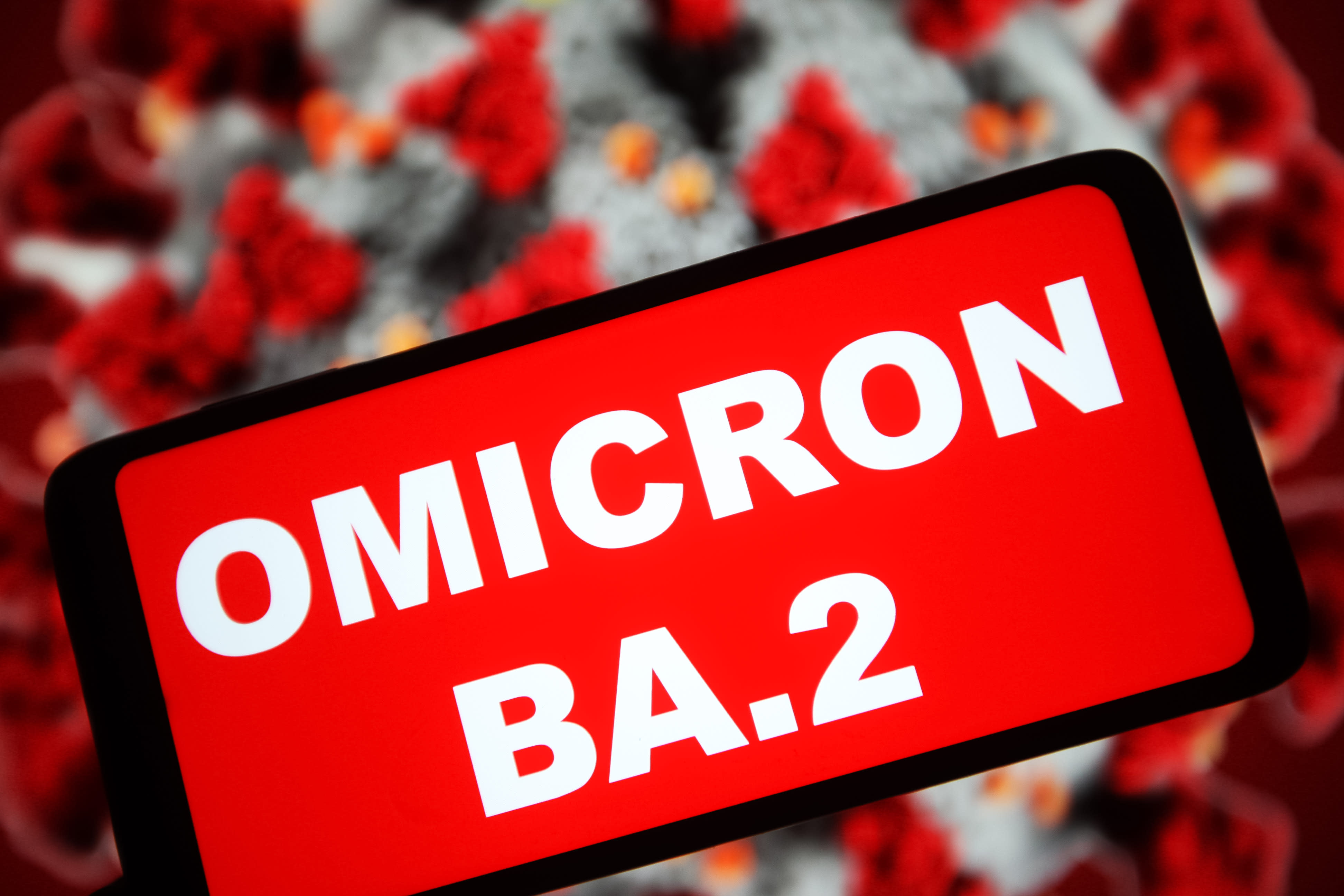As countries across the world face a rise in COVID-19 cases as a result of the BA.2 variant, many are worried about another spike here in Massachusetts and across the country.
Top Boston doctors responded to that worry in NBC10 Boston's weekly "COVID Q&A" session. The doctors said we should take a wait-and-see approach for now but the country should prepare.
WATCH ANYTIME FOR FREE
>Stream NBC10 Boston news for free, 24/7, wherever you are. |
Brigham and Women's Hospital's Chief of Infectious Disease Dr. Daniel Kuritzkes said where cases will go is unclear, but there are already some concerning trends.
"We are seeing some unsettling trends in terms of the amount of virus being detected in sewage, which could be a warning that there is a spike to come," he said. "There are 40% of sites around the country that are showing an increase in the amount of virus detected in wastewater. If that is a predictor, then there could be challenges ahead."
Get updates on what's happening in Boston to your inbox. Sign up for our >News Headlines newsletter.
According to the Centers for Disease Control and Prevention, the BA.2 variant, also known as "stealth omicron," now accounts for 55.4% of COVID cases in New England.
Doctors say Massachusetts should prepare for possible 'stealth omicron' surge
Despite a large percentage of BA.2 cases being detected, Dr. Shira Doron of Tufts Medical Center had an encouraging take on what that might actually mean.
"It is reassuring that you can get up to high proportions of BA.2 without seeing an increase in cases," she said. "On the other hand, there may be a threshold above which one starts to see that change, and perhaps we haven't seen that yet."
Boston Medical Center's Dr. Sabrina Assoumou agreed with her colleague and added that while surges in cases are variable around the world, the U.S. should be prepared for any potential bump.
"We need to be preparing for the possibility of another surge," she said. "We just do not have as many people boosted in the state as we should. What we should do right now is focus on vaccinations and boosting as many people as possible."
In terms of when a bump in cases could occur, Kuritzkes said it depends on travel and upcoming gatherings.
"I would be most concerned that as people start traveling more and gathering for various holiday events, we could see a spike from transmissions there," he said.
Kuritzkes said the "big unknown" is how much omicron or vaccine immunity the population has to other variants.
BA.2 variant could cause 'a bump, but not a spike'
Doron said this spring could be similar to last year.
"If you look at this time last year, we saw cases begin to fall in January and then we saw a bump in March," she said. "Some people are predicting a bump not a spike over the next several weeks to months. One of the predictions is that the BA.2 variant could cause a bump but probably not a big spike because of the level of immunity we already have from omicron."
It remains unclear if the BA.2 variant is linked to severe COVID cases or if it is more vaccine-resistant. The World Health Organization says it is "more transmissible" and that a case uptick but no "major resurgence" is expected.
Assoumou said that as Massachusetts prepares for a potential bump, there should be an emphasis on testing.
"The key thing is to make sure we have an infrastructure that we can ramp up quickly if there is an increase in demand and cases," she said. "There is rapid testing available, but they are very costly. We can get tests from the federal government, but you only get a certain number so it is very important that we make sure that testing in a lot of places is widely available."




